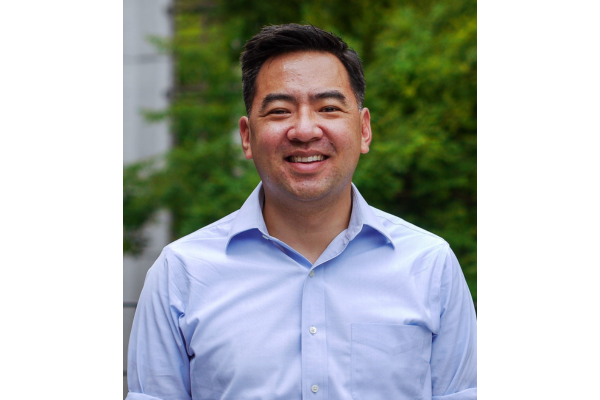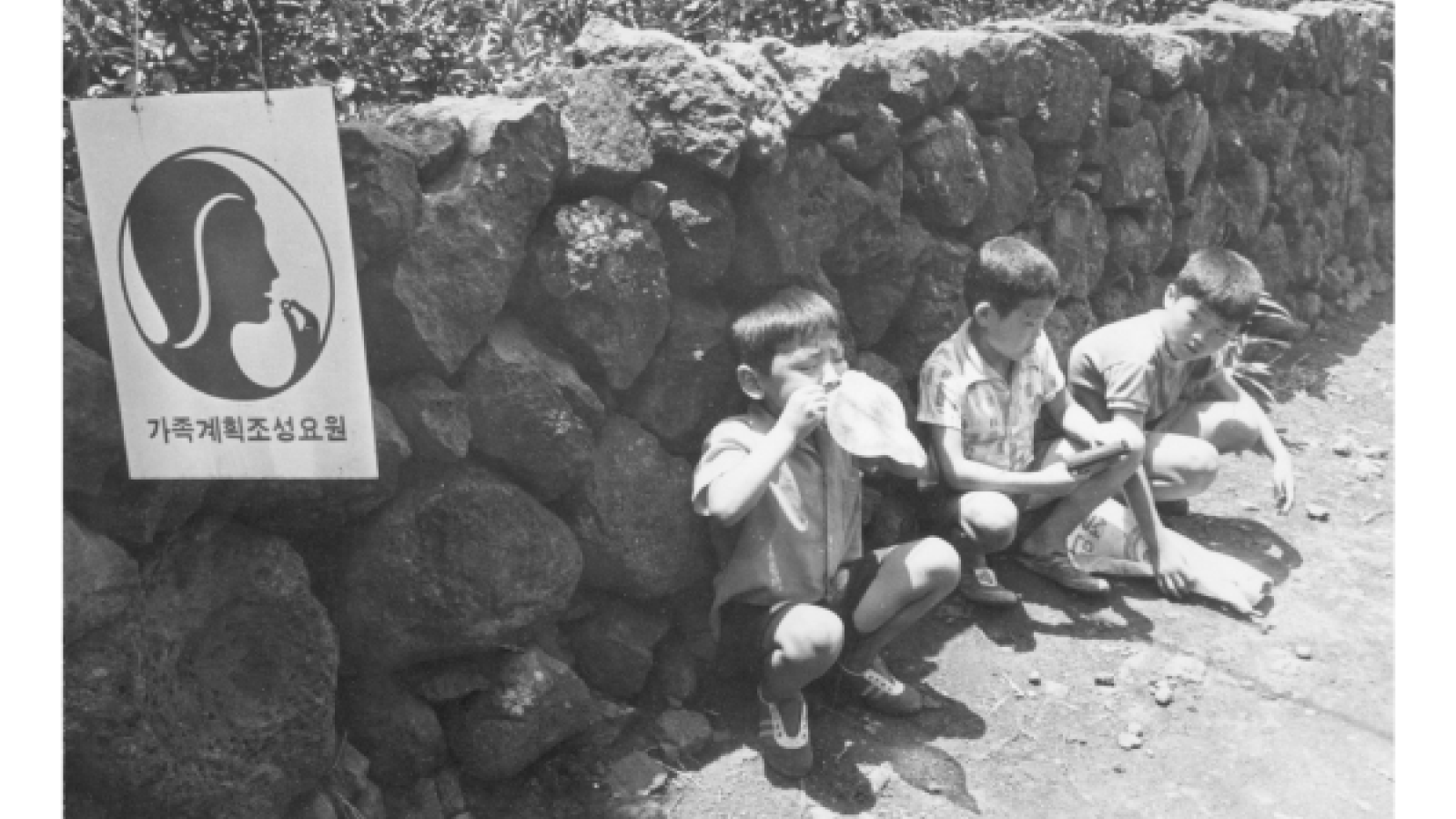
The Institute for Korean Studies presents:
"Reinventing Family: Development, Democracy, and Demographic Crisis in South Korea"
Paul Chang
Harvard University
Abstract: The dramatic transformation of family patterns in advanced capitalist societies has received much public attention. The empirical trends characterizing family change include later age of first marriage, declining marriage and fertility rates overall, rapidly aging societies, and the prevalence of “modern” family structures: single-parent families, cohabiting couples, interethnic marriages, and unmarried single-person households. In this talk I provide a historical account of family change in South Korea, a representative case of the demographic crisis sweeping East Asia. Drawing on archival sources, survey data, and interviews, I show that by 1997, on the eve of financial ruin, South Korea had already experienced dramatic economic, political, and cultural transformations that became the foundations for the contemporary socio-demographic revolution.
Download the PDF flyer here.
Paul Y. Chang is an Associate Professor of Sociology at Harvard University and served as the 2019-2020 Joy Foundation Fellow at the Radcliffe Institute for Advanced Study. He is the author of Protest Dialectics: State Repression and South Korea’s Democracy Movement, 1970-1979 (Stanford University Press) and co-editor of South Korean Social Movements: From Democracy to Civil Society (Routledge). His research on social movements, state repression, and Korean society has appeared in several flagship disciplinary and area studies journals. His current project explores the emergence of non-traditional family structures in South Korea, including single-parent households, single-person households, and multicultural families.

